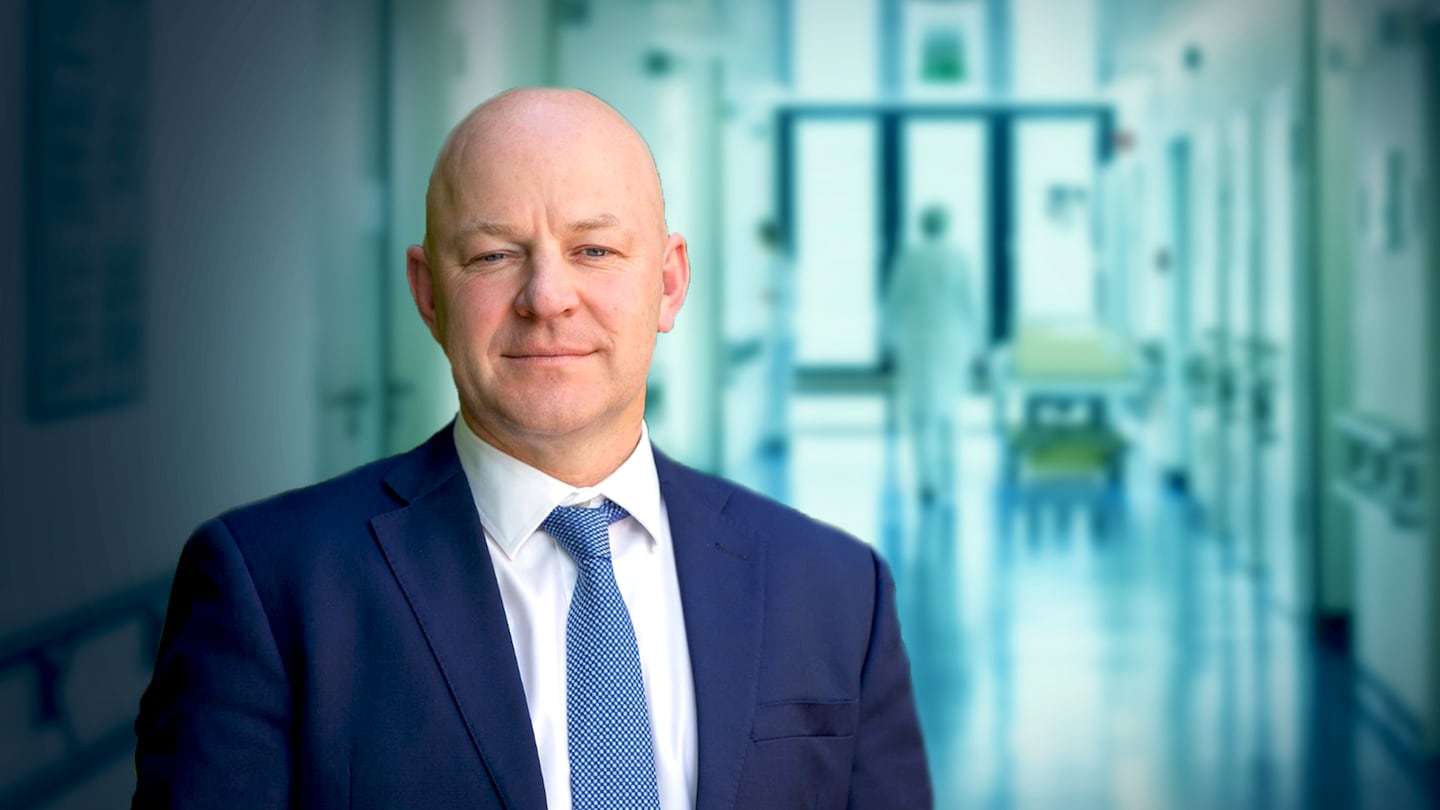Mental Health Minister Matt Doocey says he is impressed with the Pacific Island Advisory Charitable Trust’s newest mental health initiative.
Doocey visited the trust while in Invercargill last week and said it was evident PIACT had a good understanding of the needs of its community.
He was particularly pleased to hear of the success of the trust’s Ola Manuia service, which was delivered as part of the national Access and Choice programme aimed at providing easy to access and flexible interventions.
“I am strongly supportive of local solutions for local needs,” Doocey said.
The minister last month launched a $10 million Mental Health and Addiction Community Sector Innovation Fund, as part of health spending announced in Budget 2024.
PIACT chairperson George Ngaei was pleased to see an acknowledgment that providers knew their communities best.
“It’s good that they’ve taken [mental health] seriously and are highlighting the need to engage with community groups. That’s the best chance of it working.”
The Ola Manuia programme was an 18-month contract to support families with the triggers of stressors, Ngaei said.
For some, that could be worrying about health; for others, it was worrying about power bills or a car that needed fixing, or “trying to put food on the table”.
He pointed to multiple international studies suggesting that about 30% of the population had undiagnosed mental disorders for which they needed treatment.
“We’re pitching our programme as doing something before [people] break down. We focus on low-cost interventions with high benefits.”
For example, some people could benefit from art therapy, while others could see benefits from a walking group, or talking.
PIACT social worker and mental health clinician Tulua Sekone-Fraser explained: “We come to the people and we ask them what helps them. We meet them at their level of need.”
But before PIACT offered a range of social services on site, it was able to also address some of the things that are causing the mental distress — from overcoming family violence, to income support and financial mentoring.
“I feel that’s why we’re so successful here,” Sekone-Fraser said.
People would come in with a problem or a struggle and could immediately be referred to a service on-site.
“They leave a bit lighter because they’ve shared that burden with someone else.”
In the three-and-a-half months that Ola Manuia had been running, the programme had supported 98 people through 200 face-to-face contacts.
The oldest was 89, and the youngest a 5-year-old whose mum was looking for tips to help her deal with the anxiety of a new school.
“Everyone’s affected,” Sekone-Fraser said. “Everyone goes through some kind of mental distress.”
The programme would run alongside PIACT’s women’s and men’s groups and events aimed at bringing the community together.
- The Southland Times


